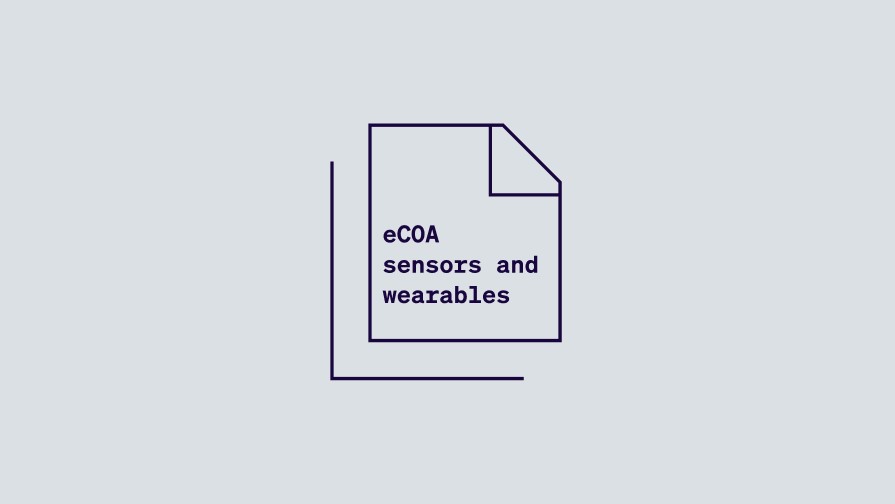Mobile health technology, like medical-grade wearabledevices, can transform patient monitoring by enabling the collection of newtypes of data and better accuracy of patient responses. This tech can increaseaccessibility of trials for patients and even increase diversity and reducepatient burden by removing geographical and travel barriers.
As a result of these myriad benefits, we’ve seen theincreasing inclusion and acceptance of wearable devices throughout clinicaltrials. Here, we’ll dive into the specifics of these helpful tools and theirimpact on the future of medicine.
What is wearable tech?
Designed to fit seamlessly intopatient’s lives, wearable technology can take many forms—from watches and mobile apps to implantable devices ormicrosensors attached to clothing. Accumulating real-time data around the clock, wearable tech is improvingboth the quality and quantity of health data available.
Wearables have proven essentialfor tracking biomarkers (measurable medical signs like heart rate, bloodpressure and glucose levels, sleep quality, etc.) as well as more subjectiveendpoints characterizing how a patient is feeling. By tracking across thepatient’s regular routine of everyday life, wearables provide an easy andconvenient way to document these variables under real-world conditions.
How wearables improve trial management
When used in a clinical trial, wearable technology puts thepatient at the center of research. This allows a patient to follow their normalroutine and reduce the travel and time commitment that comes with regularin-person office visits.
Since wearable devices can be worn 24/7, essential datapoints like sleep quality and heart rate can be measured more comprehensively,allowing longitudinal review. This real-time data capture provides a moreholistic view of the patient’s condition when compared to the occasionalin-person visit. In addition, measuring data in this way improves conditionreporting by recording the patient status at the exact moment they experiencesymptoms.
For example, having access to an individual’s sleep dataquality can enable researchers to know how treatments actually impacts theirquality of life. Gathering this information under actual conditions meanspatient monitoring is improved and researchers are able to gather differenttypes of data of higher quality than ever before.
A global market, a competitive landscape
There are a wide variety of deviceoptions for clinical trials, but each study and its subjects have unique needs.Here are several key factors to consider when selecting a device for your trial:
● Target patientpopulation: Will they find the device convenient and easy to use?
● Data security: How isthe data stored by the device, and is it secure and compliant?
● Practicalities of thedevice itself: Is continuing manufacturer support offered?
You’ll also want to keep datasecurity and regulation in mind. Medical wearable and consumer-grade wearablesare regulated differentlyin the United States than in the European Union.
In the US, medical device data isprotected by HIPAA and requires patient consent. Consumer-grade devices, on theother hand, have looser regulations that may allow some health information tobe shared without identification. The EU has stricter data protections andrequires both device types to protect data and requires consent for usage.
At Medable, we recently partnered with electronicmanufacturer Withings, utilizing their blood pressure monitors, scales, andsleep-tracking mats to collect greater patient data.
These medical technology tools make clinical trialsaccessible for more patients while improving data quality to the benefit ofeveryone involved, including insurers and healthcare providers.
How Medable isbenefiting clinical research
At Medable, we believe in reducing patient burden to drivebetter research outcomes. Our decentralized clinical trial (DCT) model has beenshown to positively impact clinical trial success, with wearables contributinggreatly to improving the future of patient care. Read more about our recent partnership tolearn about the impact of this exciting technology.
Considering remote patient monitoring for your next clinicaltrial? Contact us to learn more and get startedtoday.










